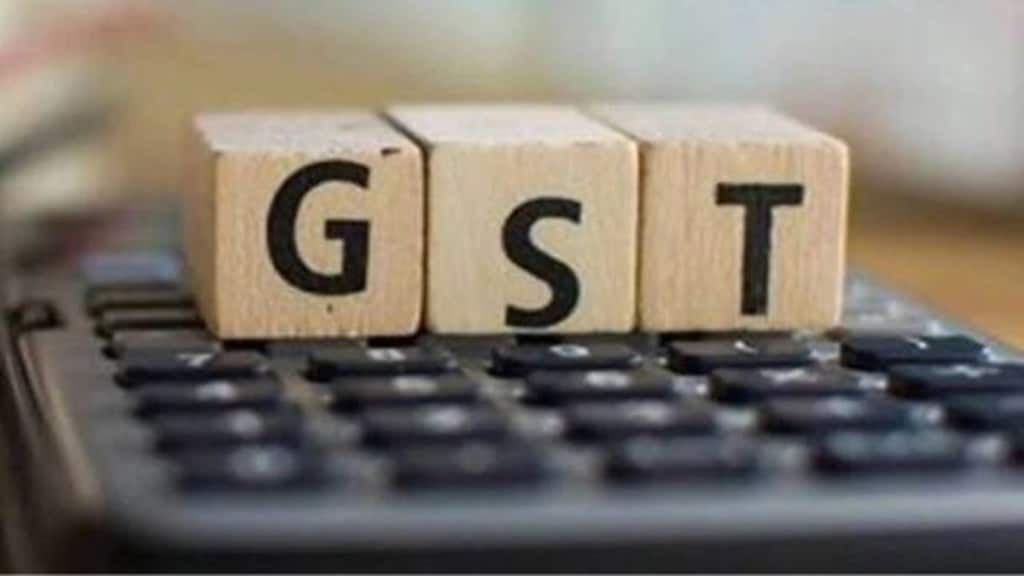In not differentiating between game of chance and game of skill, the GST Council has done injustice to the online gaming sector. In this day and age, gaming should no longer be looked upon as a vice and equated with gambling. In doing so, the Council has chosen to disregard the views of the courts which have distinguished between the two, recognising skill-based games as a legitimate business protected under Article 19(1)(g) of the Constitution. The courts have interpreted the term ‘betting and gambling’ to mean games of chance covered under the Public Gambling Act, 1867 or state gambling and betting laws. In the case of Gameskraft Technologies Pvt Limited versus the Directorate General of Goods & Services Tax Intelligence, for example, the Karnataka High Court observed there is a clear difference between games of skill and chance saying the latter should be treated “res extra commercium”, or something that is outside of commerce.
The Council, however, has brought at par the taxation structure for the online gaming space with that for lottery, betting and gambling. While the GST Council is well within its rights to tax gaming at whatever rate it feels right, the method should be a logical one. It makes little sense to levy the tax on the turnover or the combined contest entry amount (CEA) of all players on the platform. Instead, the tax should be levied on the gaming revenues, as is the case now. This is how it works in the stock market. Capital gains tax is paid on the profits earned by the investor when the shares are sold and not the total amount invested in buying the shares.
An illogical tax structure could hurt the gaming industry at a time when the ecosystem in the country has been evolving nicely and holds promise for both entrepreneurship and skilled jobs. The industry has a workforce of 50,000 and is estimated to create 200,000 jobs by FY 23. Deloitte estimates the size of the industry at around $2.6 billion and says it is tipped to cross $8.5 billion in a few years. The Council has decided to impose a very stiff levy of 28% on the CEA, compared with the current rate of 18% on the gross revenue. By burdening the platforms and the participants, the GST Council may be risking a fall in revenues. While some platforms may have the financial muscle to absorb some part of the tax liability, others may be compelled to pass this on entirely to participants.
The government is justified in imposing a 30% TDS on the participant’s net winnings or prize money; this was mandated in the Budget for 2023-24, which introduced Section 194BA and Section 115BBJ in the IT Act to recognise online games as a separate and new age industry. In order to prevent leakages, the provisions require the operators to deduct taxes before sharing the net winnings with the participant. The earlier winnings threshold of `10,000, above which the income tax is applicable, has been removed. That too is fair. But while the industry may be exaggerating to drive home a point, the fact remains that the GST levy is indeed harsh and could leave many of the companies unviable. The states and Centre would well to rethink the decision. By taking a moral high ground, they may have unwittingly put a nascent industry’s future in jeopardy.


